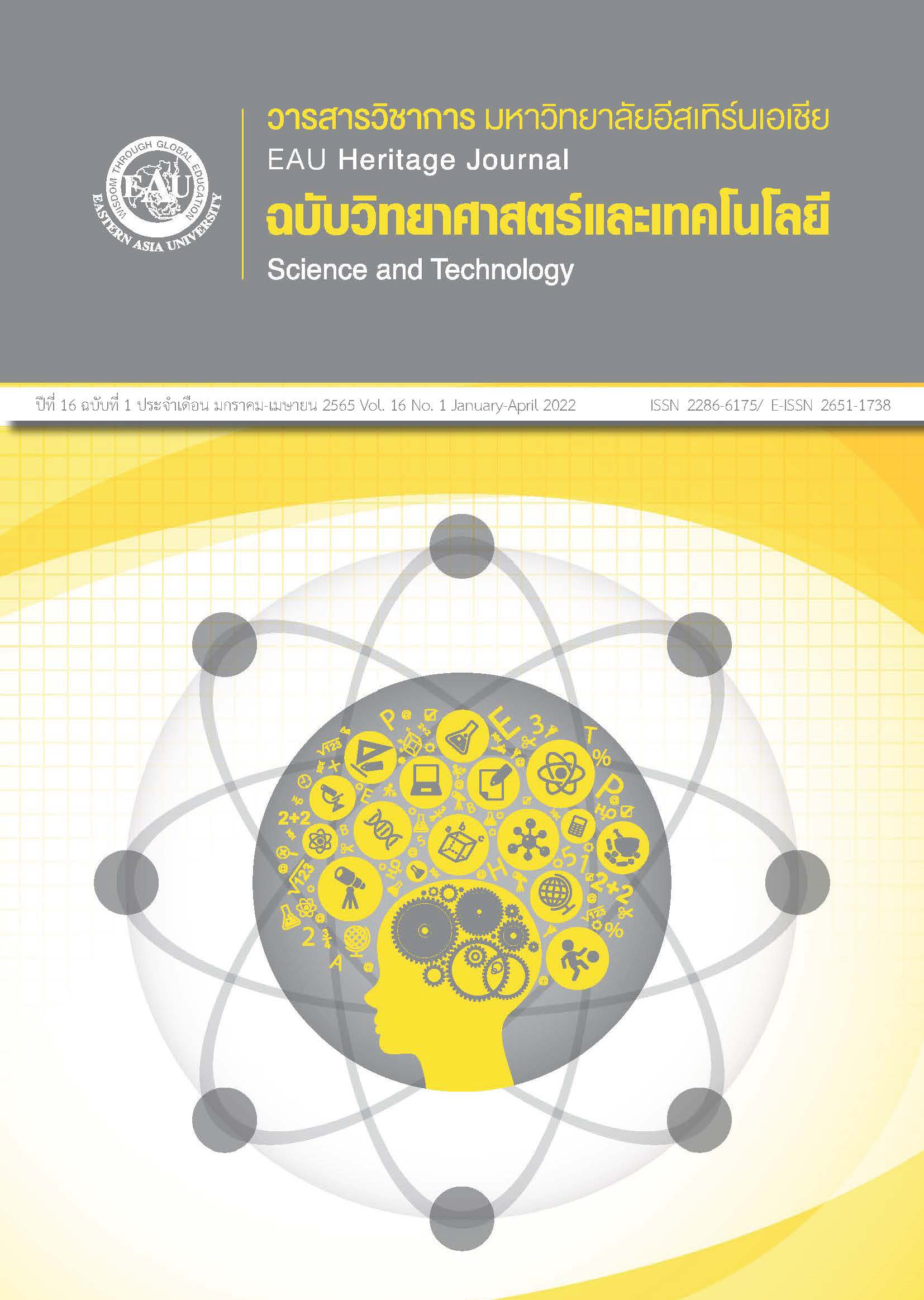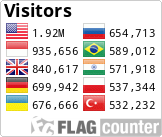The การพัฒนาแอปพลิเคชันจับคู่เพื่อนร่วมทางโดยใช้โลเคชันเบสเซอร์วิส ผ่านอุปกรณ์เคลื่อนที่แบบพกพา
คำสำคัญ:
แอปพลิเคชัน, แอปพลิเคชันจับคู่เพื่อนร่วมทาง, โลเคชันเบสเซอร์วิส, อุปกรณ์พกพาเคลื่อนที่บทคัดย่อ
งานวิจัยนี้มีวัตถุประสงค์ (1) วิเคราะห์เเละออกเเบบแอปพลิเคชันจับคู่เพื่อนร่วมทางโดยใช้โลเคชันเบสเซอร์วิสผ่านอุปกรณ์เคลื่อนที่แบบพกพา (2) พัฒนาแอปพลิเคชันจับคู่เพื่อนร่วมทางโดยใช้โลเคชันเบสเซอร์วิสผ่านอุปกรณ์เคลื่อนที่แบบพกพา (3) ศึกษาความพึงพอใจการใช้แอปพลิเคชันจับคู่เพื่อนร่วมทางโดยใช้โลเคชันเบสเซอร์วิสผ่านอุปกรณ์เคลื่อนที่แบบพกพา วิธีดำเนินการวิจัยตามกระบวนการพัฒนาระบบ แบ่งเป็น 5 ขั้นตอน กลุ่มตัวอย่างในการวิจัยได้มาแบบบังเอิญ จำนวน 30 คน ที่เดินทางระหว่างซอยพรธิสาร ปลายทางห้างฟิวเจอร์ปาร์ครังสิต เครื่องมือที่ใช้ในการวิจัย ได้แก่ แอปพลิเคชันจับคู่เพื่อนร่วมทางที่พัฒนาขึ้น แบบประเมินสำหรับผู้เชี่ยวชาญ แบบประเมินสำหรับผู้ใช้แอปพลิเคชัน ผลการวิจัยพบว่า (1) ผลการวิเคราะห์โครงสร้างการออกแบบแอปพลิเคชัน พบว่า ผลการประเมินความยากง่ายของการใช้งานแอปพลิเคชัน มีระดับคะแนน 4.20 แสดงว่าแอปพลิเคชันสามารถใช้งานได้ง่าย (2) ผลการพัฒนาแอปพลิเคชัน เป็นอุปกรณ์อำนวยความสะดวกในการจับคู่เพื่อนร่วมเดินทาง ช่วยลดเรื่องค่าใช้จ่าย และเวลาการรอรถโดยสาร (3) ความพึงพอใจของผู้ใช้งานแอปพลิเคชันจับคู่เพื่อนร่วมทางโดยใช้โลเคชันเบสเซอร์วิส ผ่านอุปกรณ์เคลื่อนที่แบบพกพา พบว่า มีความพึงพอใจในระดับปานกลางที่ระดับคะแนน ค่าเฉลี่ย 2.68 ค่าเบี่ยงเบนมาตรฐาน 0.22
เอกสารอ้างอิง
Chomuan, S., Jaidee, S., & Kasetpaisit, S. (2014). The development Android Application for tourist case study in Kanchanaburi Province. Academic Journal of Western Rajabhat Universites, 9(1), 49-60. (in Thai).
Digital Ventures. (2016). Lean startup–an essential tool for startups. Retrieved from http://www.dv.co.th/blog-th/what-is-lean-startup-mvp-pivot/. (in Thai)
Jungthawan, S. (2018). LEAN Entrepreneurs in the new era from small steps to big steps in the business world (2th ed.). Bangkok: 7D Acadamy. (in Thai)
Kaewnakorn, T., & Thongchin, C. (2016). The influence of technology, marketing mix, and brand image affect to decision making in using Grab Taxi service. National Conference Rajamangala Business Administration and the presentation of creative research: Business Management and Digital Technology 16-17 December 2016 (pp. 320-335). Bangkok: Rajamangala Business Administration. (in Thai)
Kerlinger, F. N., & Lee, H. B. (2000). Foundations of behavioral research (4th ed.). United States: Wadsworth, Thomson Learning.
Kevin Han Pringle. (2014). Designing and developing a Travel-Based Android Application. Retrieved from https://web.wpi.edu/Pubs/E-project/Available/E-project-050614-054155/unrestricted/Designing_and_Developing_a_TravelBased_Android_Application.pdf
Laudon, K. C., & Laudon, J. P. (2014). Management Information System. New Jersey: Pearson Education
Ministry of Transport. (2016). Strategic plan 2017-2022. Retrieved from https://www.md.go.th/intranet/index.php/2014-05-29-0003/-94/-2560-10/-3-2562-2564-2560-2564-9-10-2561-/1683—2560-2564-/file. (in ThaI)
Puttanont, W. (2019). Mobility-as-a-service: Future journey that will take place. Retrieved from https://www.thebangkokinsight.com. (in Thai)
Sommerville, L. (2011). Software Engineering. Boston: Pearson.
Somjit, A. (2017). Mobile Application. Retrieved from https://sites.google.com/a/bumail.net/mobileapplication/. (in Thai)
Srisuwan, S. (2016). What is startup. Retrieved from www.smartsme.co.th. (in Thai)







